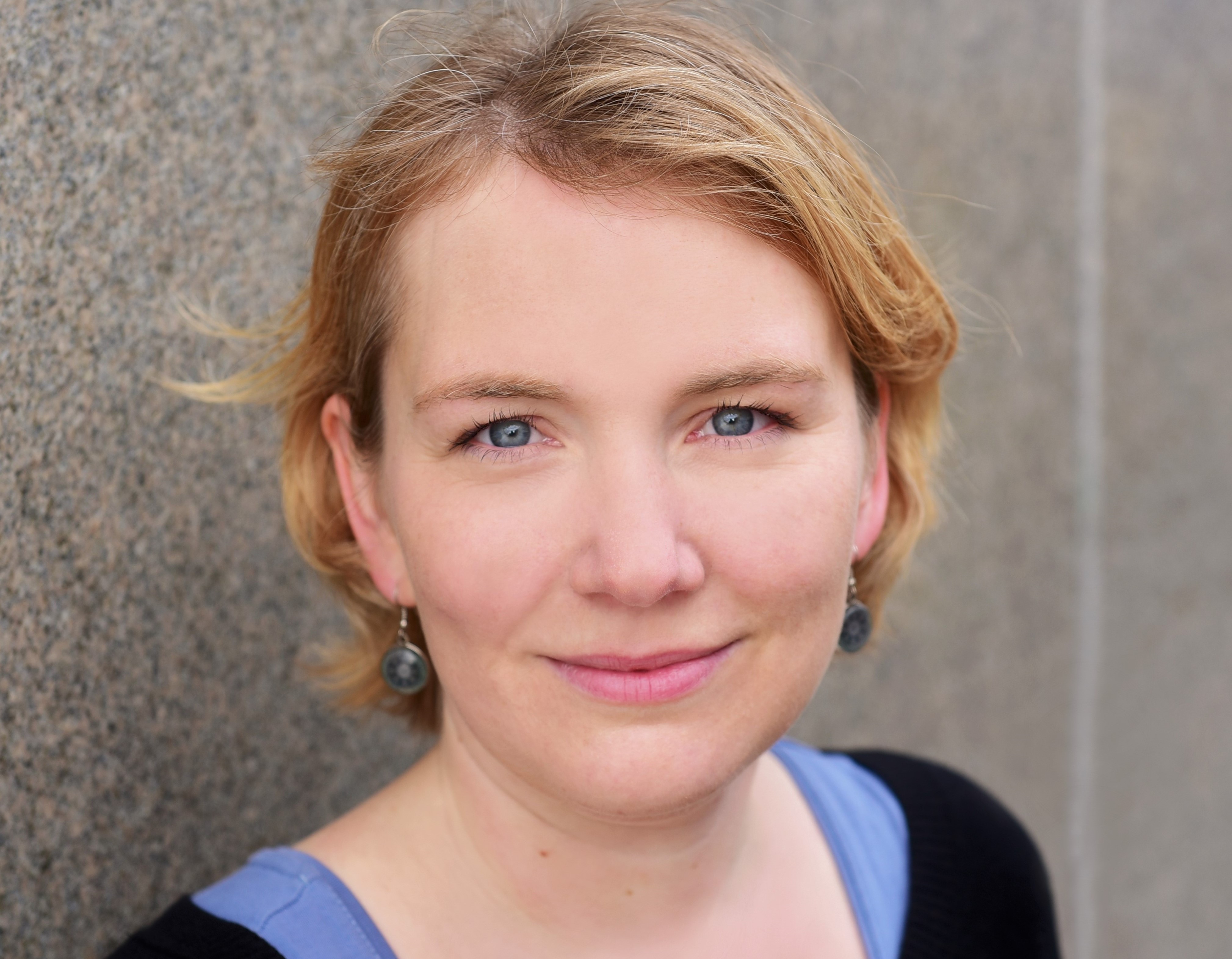Researcher spotlight#17 - Cordula Vesper
This edition of our spotlight features a talk with Cordula Vesper

Hi Cordula, what is your background and job role at AU?
My scientific background is in Cognitive Science, which I studied in Osnabrueck, Germany. During some time in the US and a master in Munich, I took on an experimental psychology approach, which is still clearly visible in my work. However, I find interdisciplinary approaches most useful so I have collaborated with philosophers, engineers, neuroscientists, developmental and comparative psychologists, linguists, and anthropologists whenever possible.
I did my PhD at Radboud University in Nijmegen with Natalie Sebanz and Guenther Knoblich and spent some years as a post-doctoral researcher at Central European University in Budapest, Hungary. (Yes, at the university that is severely threatened by the local government.)
I am part of the Department of Linguistics, Cognitive Science and Semiotics (LICS) at the School of Communication and Culture. As an assistant professor (adjunkt), I teach students in the Cognitive Semiotics program about mind and meaning. I am also a member of the Interacting Minds Centre.
What are your main areas of research?
I have many interests that mostly relate to social cognition. Very generally, I am interested in how social context affects basic cognitive functions and how people adjust their behavior to coordinate what they do with others.
More specifically, I focus on ‘joint actions’, so actions that people do together in order to achieve a common goal. After studying situations where people could communicate very little with each other, my current research is about how bodily forms of communication can support joint actions. For example, people often use their movements not only to do something but also to inform others about what they are doing. No speaking required!
These basic forms of communication can be measured in the kinematic profile of the movements. I also use an ‘experimental semiotics’ approach to study how people create new forms of communication by relying on basic perception and action mechanisms.
My international network of collaborators is essential for my work. I feel lucky that I can extend this to my new colleagues in Aarhus now.
Are you involved with any teaching at the moment?
I currently teach Social Cognition for MA students and Introduction to Cognitive Science as part of a supplementary BA program in Cognitive Semiotics.
How did you hear about Cognition and Behavior Lab?
I think it was one of the first things my colleagues Kristian Tylén and Riccardo Fusaroli mentioned to me when I considered coming to Aarhus!
Have you used the Lab? If so, what are the benefits for researchers?
In my first six months here I have not had much time for doing any new research yet but I am collaborating on some of my colleagues’ studies and I am busy making plans for future research. Besides that, I am closely involved with the COBE lab as a new member of the Human Subjects Committee.
I have to speculate a little here but I would say clear benefits of COBE lab are the facilities themselves, the well-organized procedures and the strong community. I can already see how all this provides a great space for research!
Is there a particular recommendation you would like to pass on to other researchers? Something you wish you had known before you started, or just a useful trick.
Ah, that list of “I wish I had known this before” is way too long! So invite me for a coffee and prepare for an hour of monologue ;-)
But okay: When it comes to experiments, my main recommendation is to work thoroughly. Every detail you neglect in the design and data collection phase will cause you immense trouble later on. Spend this one extra day checking whether your variables are properly coded, your instructions to participants unambiguous and your experimental protocol useful. Take a short walk and ask yourself whether what you are about to do is really helpful for answering your research question. Explain your study idea to a colleague to find out whether you might have overlooked something important. All this little extra time will definitely pay off.
Could you recommend one academic book to fellow colleagues that you think is of great interest?
I know it is quite old by now but Herbert Clark’s 1996 book Using Language has inspired me quite a bit. I think it is still a valuable read to make you think about language and social interaction more generally.
Away from your research, what do you enjoy doing?
I like compensating for all the hard thinking about research by doing creative, hands-on things. I play piano to take my mind off work and there are usually pieces of paper, brushes, paint, tools, photos, texts, or notes for my next idea lying around at home. I also enjoy swimming and, of course, spending time with family and friends.